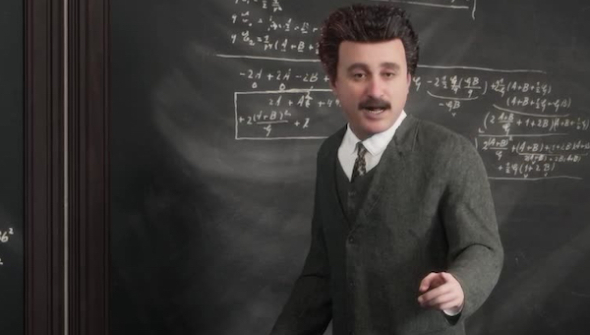
Just as the 17th Century marked a revolution in mathematics and physics, so too did the 20th Century mark a transformative period in mathematical and scientific understanding. Beginning with Richard Dedekind's foundational" Essay on the Theory of Numbers" and Nikolai Lobachevskii's groundbreaking "Geometrical Researches on the Theory of Parallels", the course explores how concepts once taken as given could be productively analyzed leading to new frontiers. Likewise with scientific investigations such as Michael Faraday's empirical "Experimental Researches in Electricity" and James Clerk Maxwell's unifying theories in "Papers and Essays." While Maxwell’s unifying of electricity and magnetism suggested a complete theory might be close at hand, these hopes were dashed by Einstein’s theory of relativity, which revolutionized our understanding of space, time, and gravity, and then fully demolished by quantum mechanics. This course provides students with an overview of theories and results that revolutionized our understanding of reality and that paved the way for the modern era.
Alex Filipenko - University of California, Berkeley
Edward “Ned” Hall - Harvard University
Ian Stewart - University of Warwick, UK
Margaret Wertheim - University of Melbourne, Australia
Mario Livio - Israeli Institute of Technology, Israel
Patrick Forber - Tufts University
S. James Gates Jr. - University of Maryland
Dedekind: Essay on the Theory of Numbers
Lobachevskii: Geometrical Researches on the Theory of Parallels
Faraday: Experimental Researches in Electricity
Maxwell: Papers and Essays
Einstein: Relativity
Schroedinger, Bohr, Heisenberg, et alia: Essays
Ian Stewart, University of Warwick